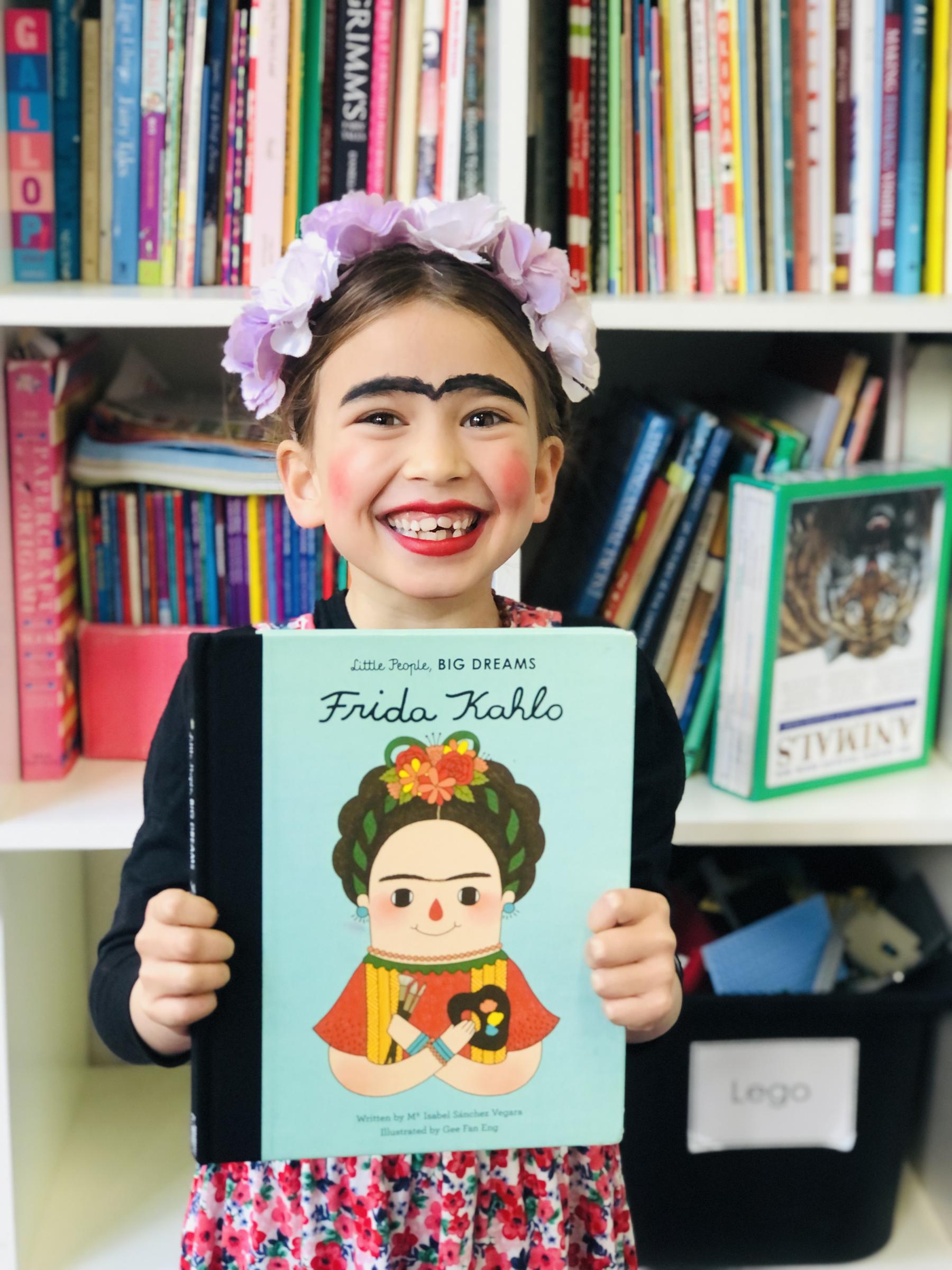A note from the Assistant Principal

Dear Parents/Carers,
Clifton Hill Primary School is buzzing with the celebrations based around the Children’s Book Council Awards Book Week. We are enjoying book week incursions across all levels and loved seeing the children dressed up today as their favourite characters. Our teachers are busy sharing the nominated books with their classes.
At CHPS we always love books! From Prep – Year 6, students regularly have opportunities to interpret, appreciate, evaluate and create literary texts such as picture story books, short stories, novels, poetry, film and multimodal texts – the list goes on! The mechanics of learning to read is very important but we also know that reading must be purposeful – we need to foster a love of reading.
Literacy is a foundational skill taught in Primary School but we also know that parents have a major impact on their child’s literacy development. Your child is literate if they know how to use language with confidence. You can assist them to become literate in many ways – remembering that literacy relates to a child’s ability to read and write as well as speak and listen.
You can help your child develop listening and speaking skills in many ways. Suggestions include:
- Encourage conversations with your child. Be an example of how to listen and take turns speaking.
- Take the time to listen to your child’s stories without interrupting, correcting or judging.
- Include your child in family discussions and appropriate decision making such as what to do together at the weekend.
- Expose your child to various types of music, theatre and cinema.
- Explain and model social etiquettes of conversation, such as not to interrupt when someone is talking or how and when to use titles such as ‘Mr’, ‘Ms’ or ‘Aunty’.
- Model active listening skills such as allowing the child to finish what they are saying and cueing into body signals of the child to assist them to talk.
You can also help your child develop reading skills in many ways. Suggestions include:
- Lead by example and allow your child to see you regularly reading newspapers, books and magazines.
- Encourage your child’s reading by showing them how to find information that is of interest to them. This may include television guides, dictionaries, cookbooks and the sports pages of newspapers.
- Play word-oriented games with them.
- Have plenty of books appropriate to your child’s reading level in the house.
- Be prepared to allow children to read books that you may not think are of great literary value. It is important to encourage a love of reading first and this is best done by allowing the child to choose what they read.
- Read stories together.
- Let your child read and choose from the menu when out for a meal.
Better Health Channel (n.d.). Children and Literacy Retrieved August 12, 2022, from https://www.betterhealth.vic.gov.au/health/healthyliving/children-and-literacy#reading
If you would like some more tips on how to support your child’s literacy (and numeracy) you may find this resource valuable:
Warm regards,
Nerida Mellerick
Assistant Principal
